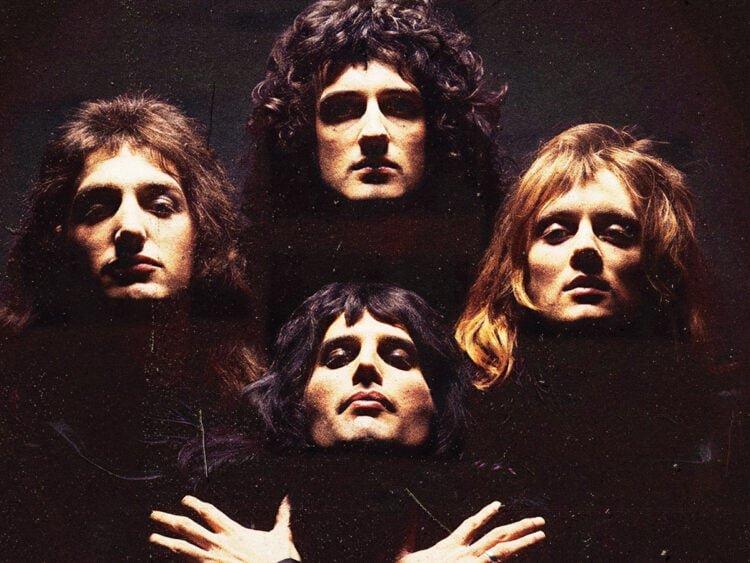Long before social media taught us that our attention had to be captured within the first ten seconds, the essential idea of how art can be turned into a commercial lightning rod followed the same principle. Instant stimulus, packaged in a short digestible length. The entire blueprint label executives preyed on was the absolute antithesis of Queen’s ‘Bohemian Rhapsody’.
It was a six minute ballad that slowly drew out its power. Starting from the twinkling piano chords of its intro, swiftly followed by Freddie Mercury’s heartfelt vocal take that eventually crescendoed into what Queen fans were waiting for. A righteous rock out, led by Brian May’s guitar.
As history has proven, it’s gone on to become Queen’s calling card track and one that for many fans, stands as the greatest of all time. Despite its twisting lyrical content and extremely difficult vocal range, it still provokes an almost flawless singalong from whatever crowd it’s played in front of. So yes, despite all of its structural profiling pointing towards a more deepcut legacy, ‘Bohemian Rhapsody’ is a bona fide hit, no matter how you skin it.
In retrospect, we herald it as symptomatic of a simpler time. A time when music fans were more patient, open minded and in its essence, authenticity. The 1970s was as we all know, a fruitful decade for music and one where outright artistry pushed its way to the top of charts, removing all sense of commercial conflict for fans.
It may just be why cynics look back and say, ‘Bohemian Rhapsody’ would never have been a hit now, it could only have grown on the fertile soil of 1970s art. But Queen’s story would prove, that wasn’t strictly true. Because while attitudes towards musical expansion were liberal, there remained a more general unwillingness within society to open up to more honest discourse on homosexuality.
Fans were willing to hear Mercury’s tales, laid out in sprawling operatic arrangements but when it came to hearing his truth, the appetite suddenly disappeared and the band recluded back into a state of concern when choosing their singles.
Their 1982 song ‘Body Language’ harnessed the disco inspired soundscapes of the decades early years and write music that brazenly represented the lives of the homosexual community.
“I can remember having a go at Freddie because some of the stuff he was writing was very on the gay side,” Brian May told Guitar World, reportedly fearing that the song would alienate their fan base. He continued, “I remember saying, ‘It would be nice if this stuff could be universally applicable because we have friends out there of every persuasion.”
He added, “It’s nice to involve people. What it’s not nice to do is to rope people out, and I felt kind of roped out by something that was very overtly a gay anthem.”
Importantly, Mercury pushed on past the hesitations and continued with the release. However, the lyrics combined with the song’s new jarring arrangement, which essentially withdrew any guitar involvement, saw the band receive unwelcome commercial and critical reactions. It hit 11th in the US charts while in the UK it only peaked at 25, which for the band was quite the demotion.
Thankfully for fans, the band returned to their rockier roots with their 1984 album but a wider, more important opportunity was missed in wholeheartedly backing their leading man and continued to make music that confronted much avoided societal issues.
